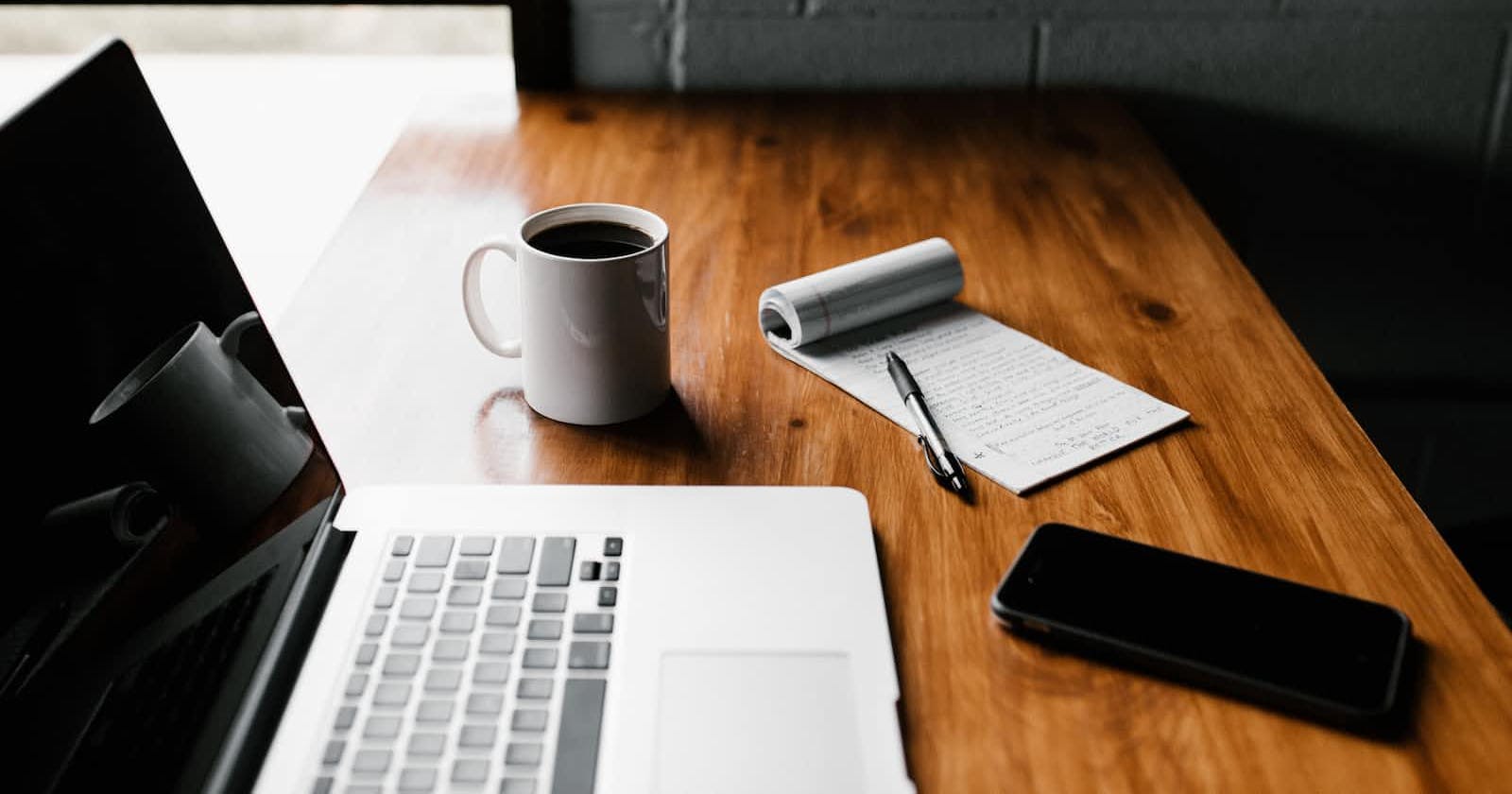Programming is the process of creating software, applications, and tools using programming languages. It can be an incredibly rewarding skill to learn, allowing you to build new things and automate repetitive tasks. Here's a general guide on how to start programming.
Choose a Programming Language: There are many programming languages to choose from, and each one has its own strengths and weaknesses. Some popular languages include
Python,Java,C++, andJavaScript. Choose a language based on your interests and goals.Learn the Basics of Programming: Every programming language has basic concepts, such as variables, data types, and control structures, that you need to learn before you can start writing programs. These concepts are essential building blocks of any program. You can find many online resources, tutorials, and courses to help you learn these basics.
Practice Writing Code: The best way to learn programming is by writing code. Start with simple programs, such as a "Hello, World!" program, and gradually work your way up to more complex programs. Write small pieces of code and test them often to make sure they work as intended.
Use a Code Editor: A code editor is a tool that allows you to write, edit, and debug your code. There are many code editors available, both free and paid. Some popular code editors include Visual Studio Code, Sublime Text, and Atom.
Learn from Others: Programming is a community-based activity, and there are many resources available to help you learn from other programmers. Participate in online forums, join programming communities, and collaborate with other programmers. You can also contribute to open-source projects to gain real-world experience.
Debugging: Debugging is a critical skill that every programmer must master. When you encounter errors in your code, use debugging tools and techniques to find and fix them. Learn how to read error messages and use them to solve problems.
Keep Learning: Programming is a constantly evolving field, and there's always something new to learn. Keep up with the latest programming languages, frameworks, and technologies. Attend conferences and workshops, read books and blogs, and practice new skills regularly.
Finally, programming is a valuable and rewarding skill that requires dedication, practice, and patience. By following these steps, you can start your journey to becoming a successful programmer. Remember to keep learning, collaborate with others, and have fun!

